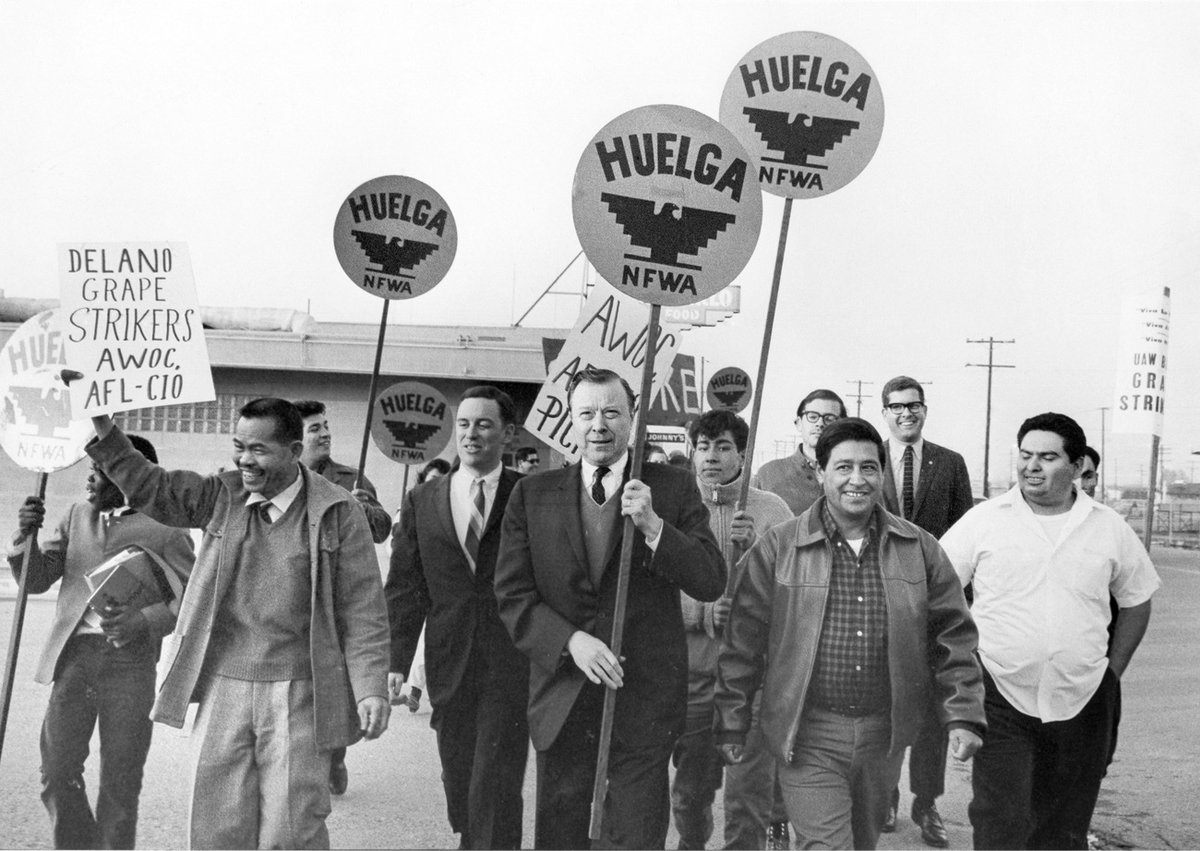What Makes for an Effective Boycott?

From Choose Democracy and Build the Resistance, Boycott Central is a fledgling resource about boycotts. I found this checklist of requirements for effective boycotts really interesting & useful:
- a target (who is supposed to change behavior)
- a demand (so the target knows what they have to do to get the boycott to stop)
- boycotters (a lot of people who used to be customers refusing to be customers anymore)
- leadership/negotiation committee (people who can show the target they’re hurting their bottomline and negotiate over demands)
- a way to communicate with the boycotters (a structure and massive social reach!).
They go on to note that most of the recent boycotts, including the Feb 28th one, do not meet these criteria — but that we shouldn’t despair: “boycotts take some time to organize well”. As others have noted, the activism & organizing muscles of many Americans have atrophied in recent years, and it will take time to get ourselves into shape. Boycotts are like anything else…you need to practice in order to get better.
See also The Complete History of the Famed Delano Grape Strike. (via @prisonculture.bsky.social)





Comments 1
Yes. I hope seasoned activists don't get all caught up in the (all too common on the Left) "you're not doing it right" trap. Because I'm afraid that we're going to need a hell of a lot more than a one-day boycott before things get better. People being confused and arguing over this simple boycott are nothing compared to what it will take to organize successful (read: massive) general strikes.
Hello! In order to comment or fave, you need to be a current kottke.org member. If you'd like to sign up for a membership to support the site and join the conversation, you can explore your options here.
Existing members can sign in here. If you're a former member, you can renew your membership.
Note: If you are a member and tried to log in, it didn't work, and now you're stuck in a neverending login loop of death, try disabling any ad blockers or extensions that you have installed on your browser...sometimes they can interfere with the Memberful links. Still having trouble? Email me!
In order to comment or fave, you need to be a current kottke.org member. Check out your options for renewal.
This is the name that'll be displayed next to comments you make on kottke.org; your email will not be displayed publicly. I'd encourage you to use your real name (or at least your first name and last initial) but you can also pick something that you go by when you participate in communities online. Choose something durable and reasonably unique (not "Me" or "anon"). Please don't change this often. No impersonation.
Note: I'm letting folks change their display names because the membership service that kottke.org uses collects full names and I thought some people might not want their names displayed publicly here. If it gets abused, I might disable this feature.
If you feel like this comment goes against the grain of the community guidelines or is otherwise inappropriate, please let me know and I will take a look at it.
Hello! In order to leave a comment, you need to be a current kottke.org member. If you'd like to sign up for a membership to support the site and join the conversation, you can explore your options here.
Existing members can sign in here. If you're a former member, you can renew your membership.
Note: If you are a member and tried to log in, it didn't work, and now you're stuck in a neverending login loop of death, try disabling any ad blockers or extensions that you have installed on your browser...sometimes they can interfere with the Memberful links. Still having trouble? Email me!